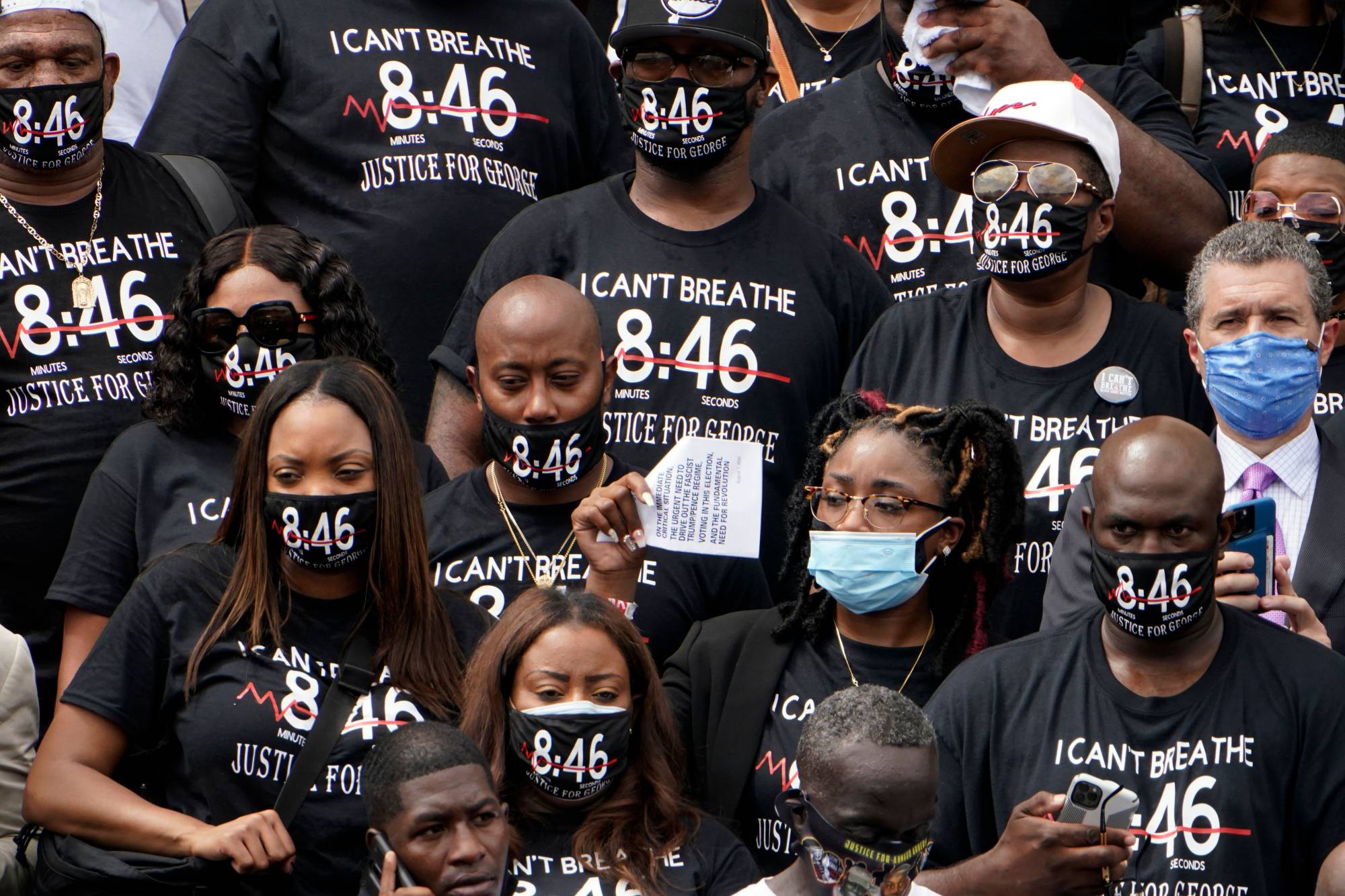Read the Latest
TopicsStories
Educational Resources
- Projects
- Events
- Our Team
- Stories and Resources
- Latest Stories
- Topics
- Educational Resources
- Newsletter
- Connect
Recent efforts within the nuclear field to stand as allies against systemic oppression and injustice are a start. But there is still a long way to go. We must go beyond solidarity statements and generic Diversity, Equity, and Inclusion strategies. We need
